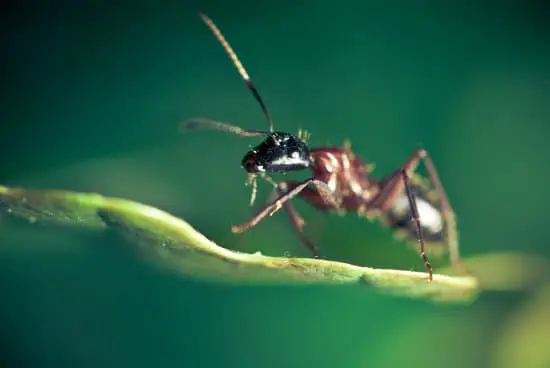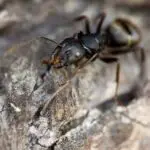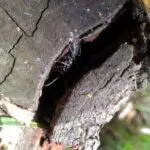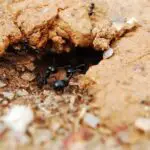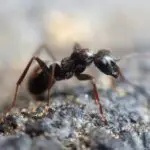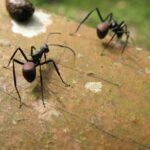How Are Ants Useful to the Environment?
Thousands of species of ants live on Earth. They play a crucial role in the ecosystems by carrying seeds, pollinating flowers, and decomposing plant and animal matter. Ants are highly social insects that communicate with each other. They have great behavioral flexibility and are highly adaptive.
A large fraction of ant diversity is at risk of climate change. This is due to both the geographical context and ecological context. The extent of this risk is still unclear. However, simulation models indicate that as temperatures rise, foraging schedules will change. Some species will move up the thermal performance curve closer to the ideal, while other species will experience negative consequences.
Many ants live underground for a substantial portion of their lives. They use aeration, an underground air supply, to facilitate the movement of CO2 and O2. They also help decompose plant and animal matter. They break down lignin on large surfaces, thereby providing a food source for other organisms. Ants also contribute to soil hydrology and aeration.
In addition, ants help reduce soil compaction by removing the soil and allowing air and water to circulate. This helps improve plant root systems. Ants can also recycle human food inputs in urban areas.
Ants are among the largest predators of other insects. They also help to control pest populations. In addition, they regulate humidity and temperature. Many ants have bacterial endosymbionts, which live in specialized host cells. They are critical for providing nutritional functions and can be adapted to changing temperatures.
